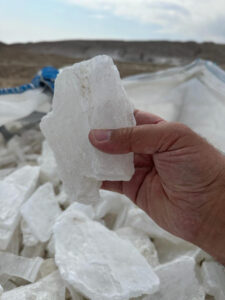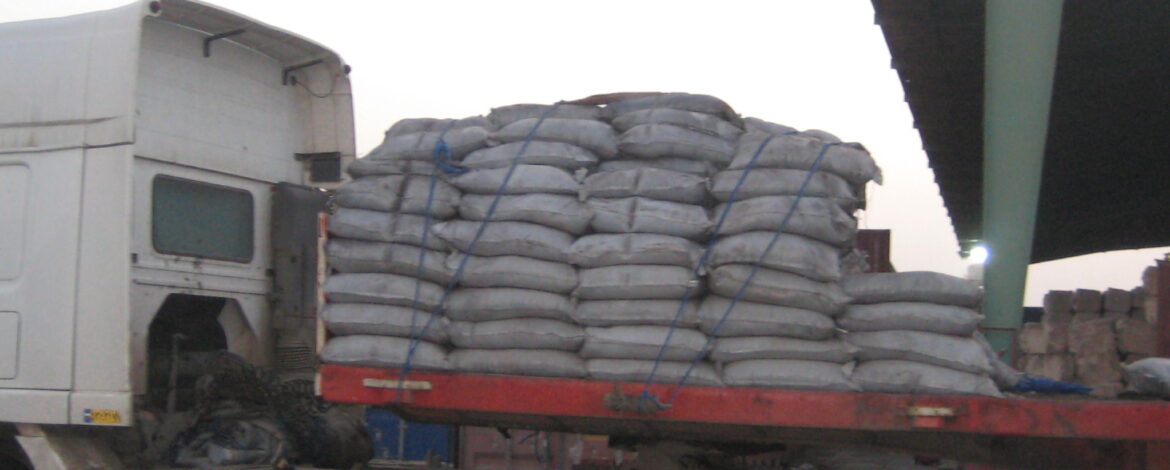A Lucrative Opportunity for Global Suppliers
Europe continues to be a major hub for construction and industrial development, and the demand for gypsum has surged across multiple sectors, including building materials and agriculture. Gypsum is one of the most widely used minerals, playing an essential role in the production of plaster, drywall, and other construction materials. If you’re considering exporting gypsum to Europe, understanding the market dynamics, import regulations, and logistics is critical for success. This guide will help you navigate the process of exporting gypsum efficiently.

Why Export Gypsum to Europe?
The European market offers vast opportunities for gypsum exporters, particularly in the construction and agriculture sectors. Europe’s construction industry remains robust, with continuous demand for gypsum in drywall, plaster, and other building materials. Its fire-resistant and insulating properties make it a preferred choice in residential, commercial, and infrastructure projects. Additionally, gypsum is increasingly used in European agriculture to improve soil quality, reduce salinity, and boost crop yields. Its environmentally friendly nature makes it ideal for sustainable farming practices. European regulations also favor the use of sustainable and eco-friendly materials. Gypsum, being recyclable and non-toxic, meets these standards, which increases its demand. Moreover, Europe maintains strict quality standards for imported goods. Exporting high-quality gypsum that meets these standards can position your brand as a premium supplier in a competitive market. By tapping into both construction and agriculture sectors, exporters can achieve significant growth and long-term profitability.
How to Export Gypsum to Europe Successfully
To export gypsum successfully, you must understand the market, comply with EU regulations, and ensure reliable logistics. Begin by researching the European market to identify countries with high construction activities such as Germany, France, the UK, and Italy, as well as agricultural trends in Spain and France. Next, source high-quality gypsum from reliable suppliers who can provide certified, pure, and consistent material. Verify quality through samples and certifications such as ISO standards. Understanding EU import regulations is also essential. Be aware of customs duties, taxes, and tariffs, and ensure your gypsum complies with product certifications such as CE marking or REACH regulations. Prepare all necessary documentation, including bills of lading, certificates of origin, commercial invoices, and packing lists. Efficient logistics are crucial; choose experienced shipping partners who can handle bulk materials, follow EU import procedures, and ensure timely delivery. Proper packaging is essential to prevent damage and meet European standards. Finally, establish relationships with local distributors. They can help navigate regional regulations, market your product, and handle last-mile delivery. Strong partnerships with distributors enhance competitiveness and provide long-term market access in Europe.
https://iranmineral.net/industrial-use-of-gypsum/

